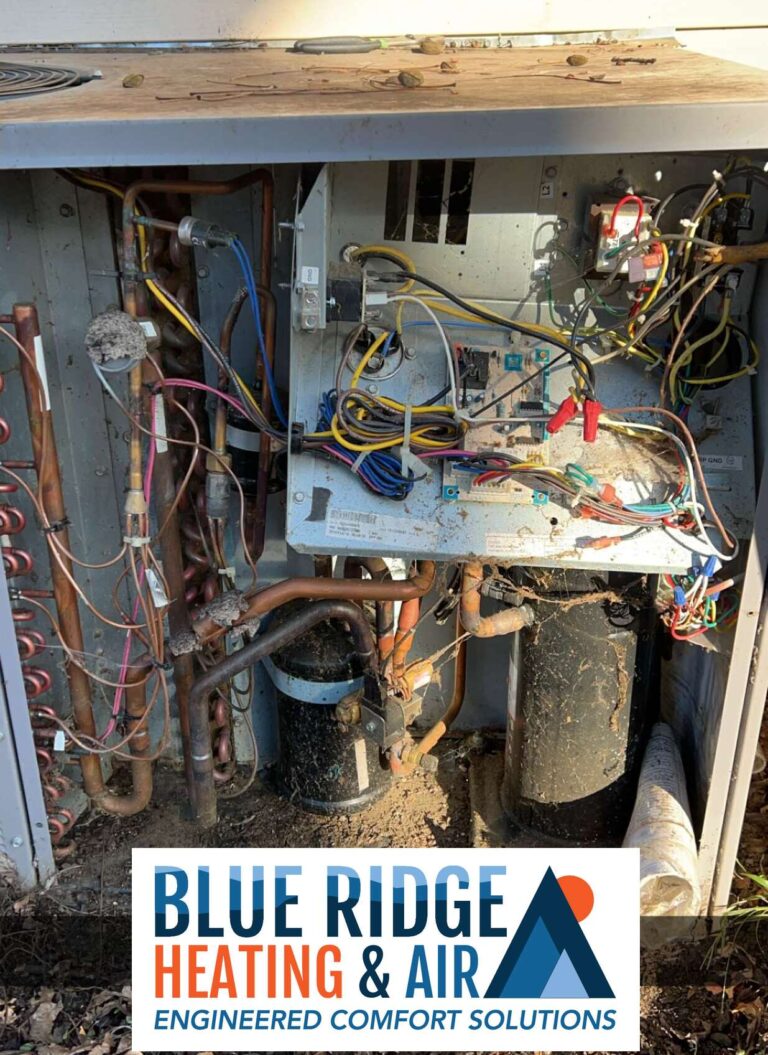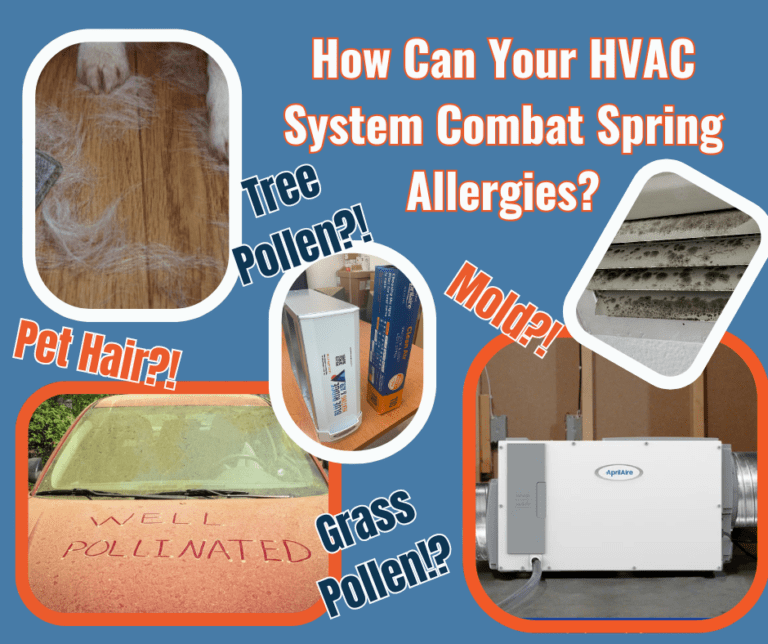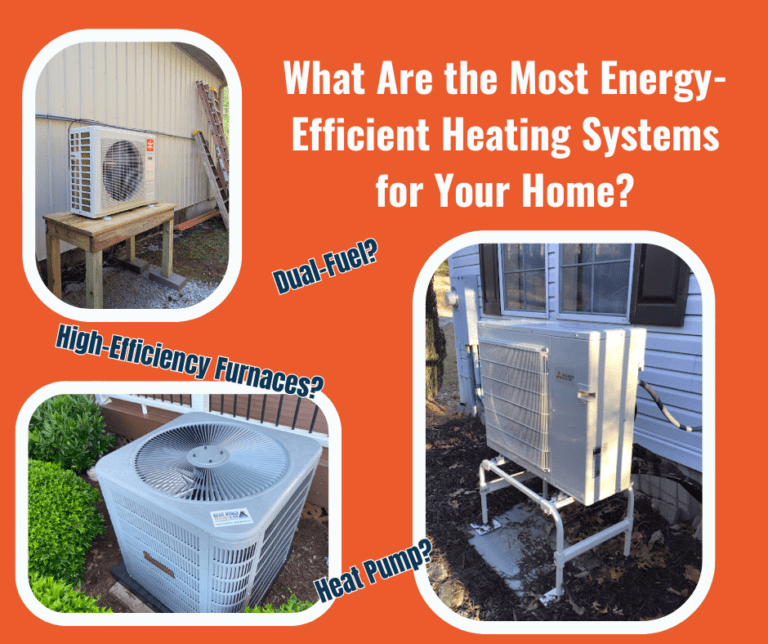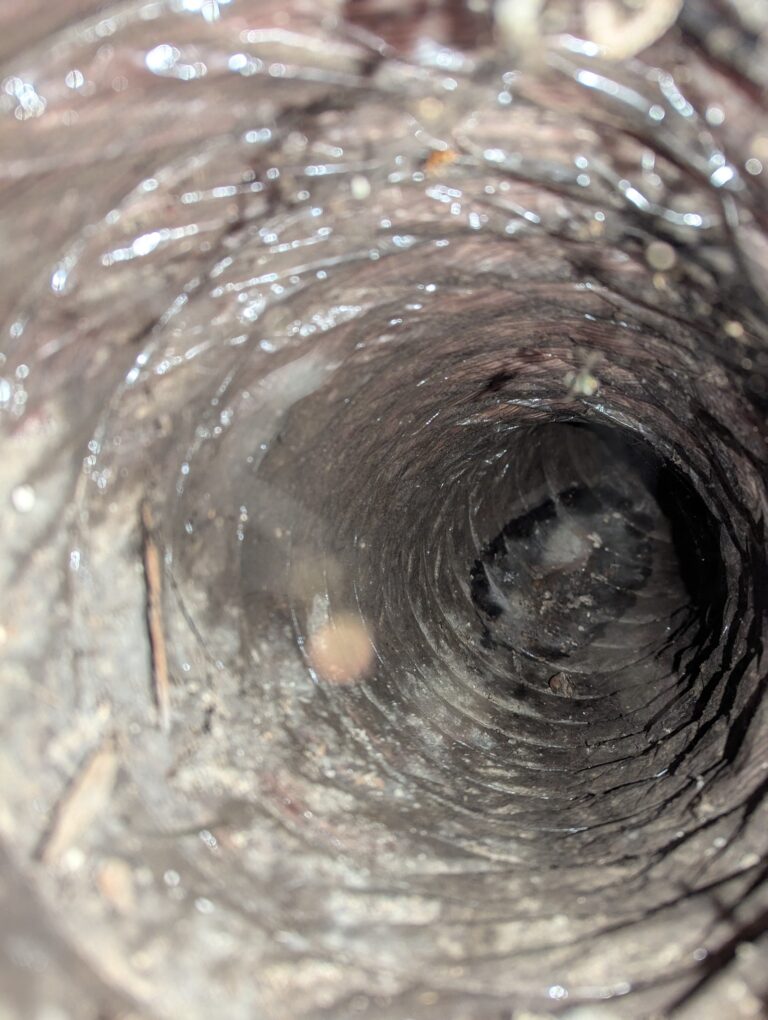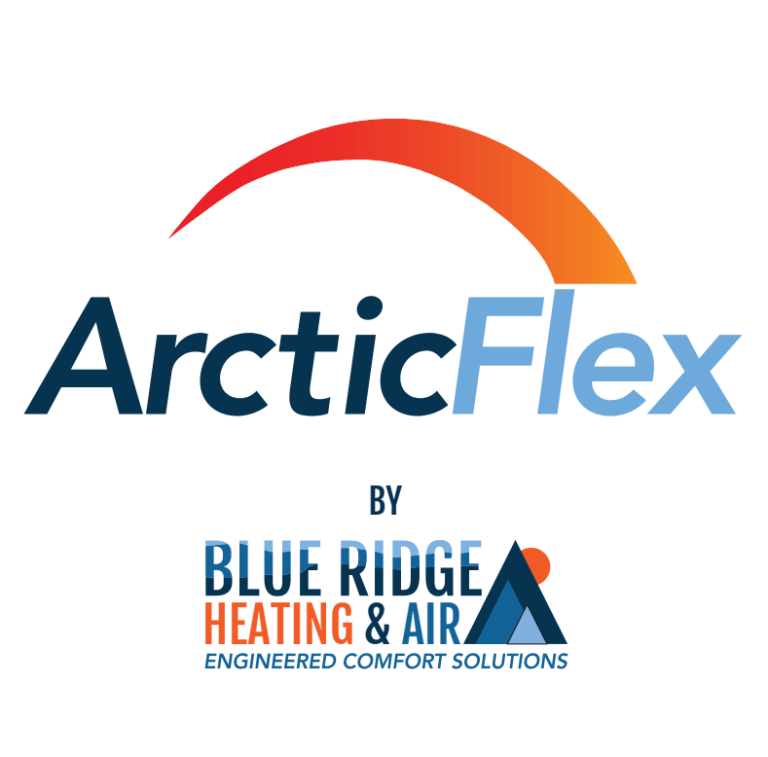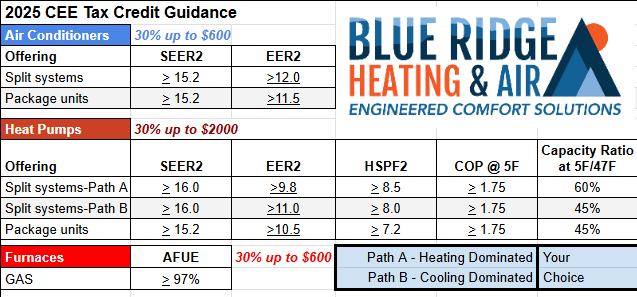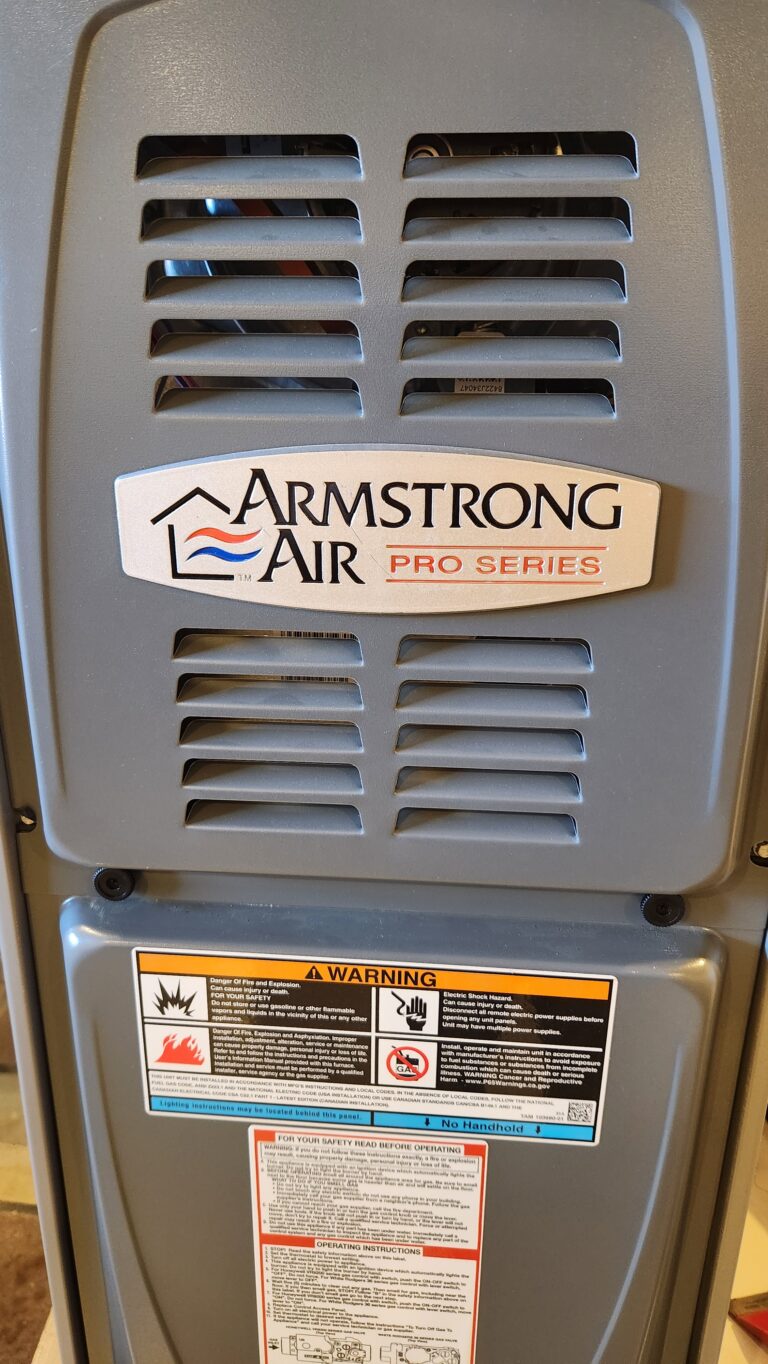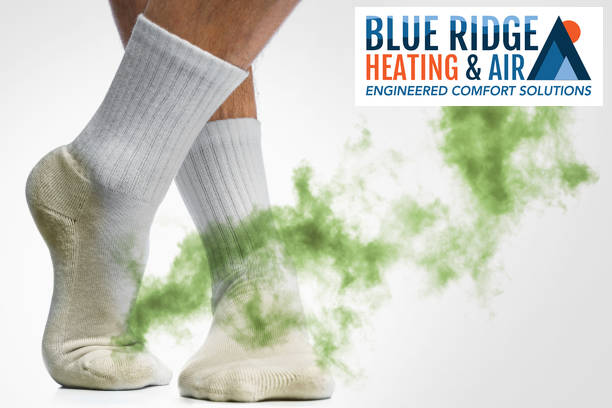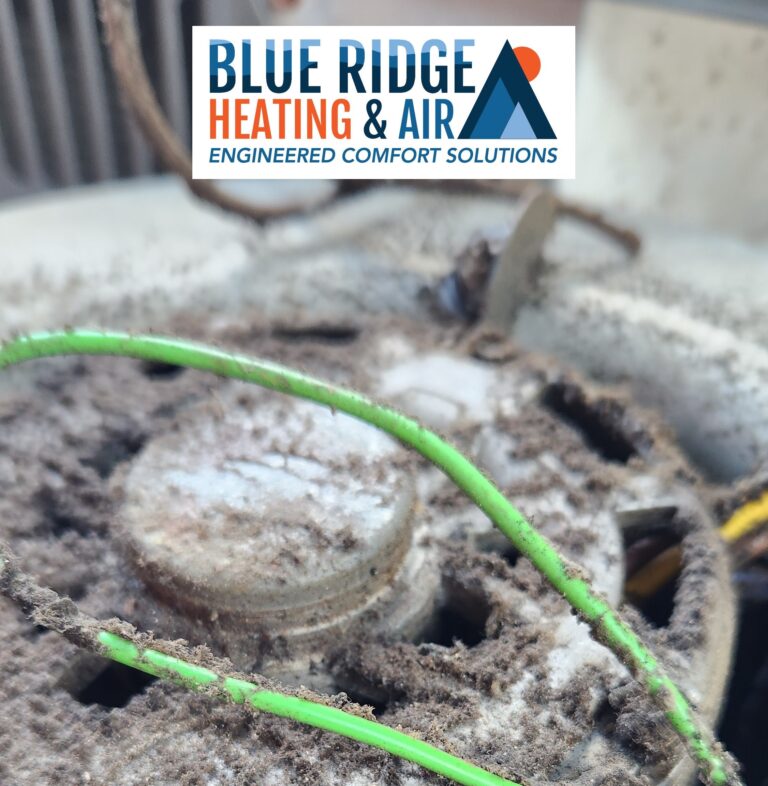When Is the Best Time to Replace a Heating System?
Start Looking For The Signs of Decay Your heating system is one of the most critical components of home comfort, ensuring warmth during chilly months. But like any major appliance, it won’t last forever. Waiting until it completely fails can leave you scrambling in the middle of winter—not an ideal scenario. So, when is the best time to replace your…

